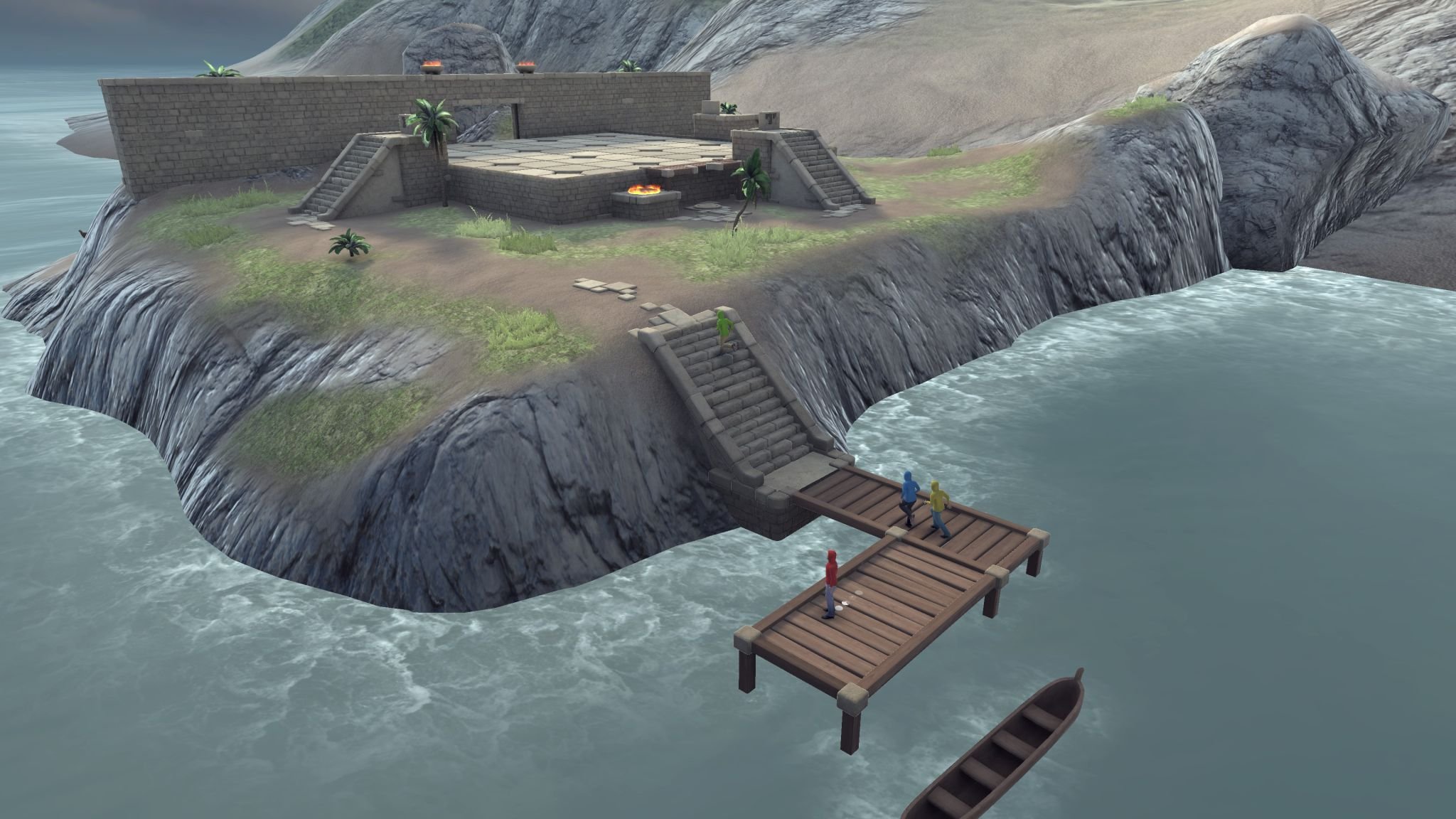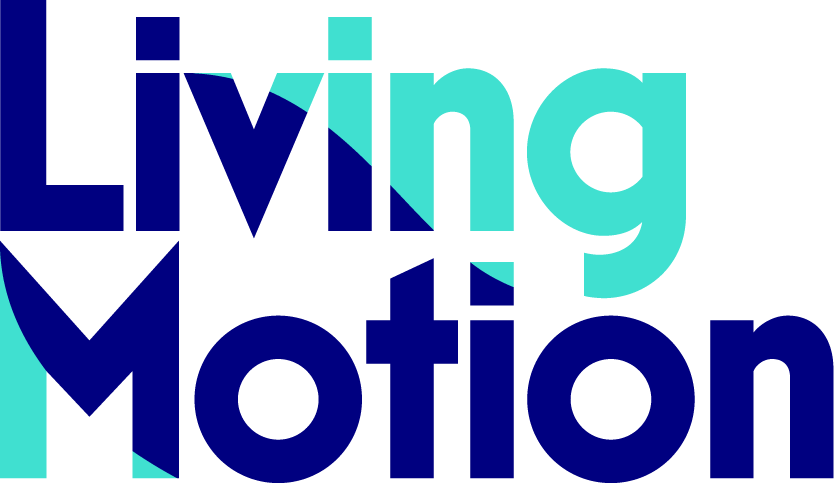
Decision-Making Across Cultures
Help your team understand how decisions are made—and why that process sometimes breaks down.
Who decides? How fast? With how much input? This session helps your team explore its hidden assumptions around decision-making and build shared clarity—across cultural expectations.
Decision-Making Across Cultures
A game-based session to reveal decision preferences, surface frustration points, and co-create smoother, more inclusive ways to decide together.
What This Session Helps With
Use this session when:
Decision-making in your team is slow, unclear, or frustrating
Some people want consensus—others want quick, top-down choices
Authority is questioned (or assumed) in ways that confuse others
Cultural norms about consultation and direction are clashing
You want your team to define a clear and inclusive decision process
What Happens
Your team plays a Serious Game designed to surface how decisions are made, communicated, and challenged across different styles. You can choose between two formats, depending on your team’s size and goals:
Option 1: Escape Game (4–12 participants)
A browser-based, time-bound challenge where the team must make urgent decisions under pressure. As they respond, individual and cultural preferences emerge—some leaning toward consensus, others toward clarity and speed.
Option 2: Strategic Decision-Making Board Game (15–25 participants)
A physical game that removes the time pressure and adds strategic complexity. Multiple players or sub-groups must make and influence decisions while managing competing priorities. This format highlights conflict, negotiation, and leadership dynamics in slower, more deliberate ways.
In both versions, the session includes cycles of reflection, planning, and re-application. Participants map their behavior onto cultural models and then test new approaches in subsequent game rounds.
Cultural Model Used
Erin Meyer’s Culture Map
Key focus areas:
Deciding: Consensual vs. top-down
Leading: Egalitarian vs. hierarchical
Communicating and Trusting as relevant
The model is introduced in direct connection to in-game behavior—not as abstract theory.
Practical Info
Format:
Escape Game: Online or in-person
Board Game: In-person only
Duration: Half day (approx. 3.5 hours) or full day (6–7 hours)
Group size:
Escape Game: Ideal for 4–12 participants
Board Game: Ideal for 15–25 participants (other sizes possible with adaptation)
Language: English or Dutch
Customization: The game and reflection are tailored to your team’s real decision moments, leadership culture, and working context
Typical Investment
Escape Game Format
Facilitation fee: €1,500 to €1,800
Game license: €89 per participant
Optional preparation: approx. €600 if needed
Board Game Format
Facilitation fee: €1,800 to €2,400
Game license: €900 per session (flat fee, regardless of group size)
Optional customization: depending on scope
The game licenses provide access to professionally developed tools designed for complex team challenges. The facilitation process turns live decisions into meaningful insight.
You’ll always receive a full, transparent quote — no surprises.
How It’s Adapted
Decision-making friction looks different in every team. This session is adapted to reflect:
Your team’s decision flow (slow or reactive)
Leadership expectations (shared or directive)
Cultural tensions (voiced or invisible)
The real choices your team faces
The goal is not just to decide better, but to decide more intentionally—with more trust, clarity, and ownership.
Outcomes
By the end of the session, your team will have:
Insight into personal and cultural decision preferences
Clarity on consensus vs. directive decision styles
A team-generated, tested plan for better decision-making
Less frustration—and more alignment—in moments that matter
Ready to explore this session?
Let’s talk about how this session could help your team decide with more clarity and confidence.
